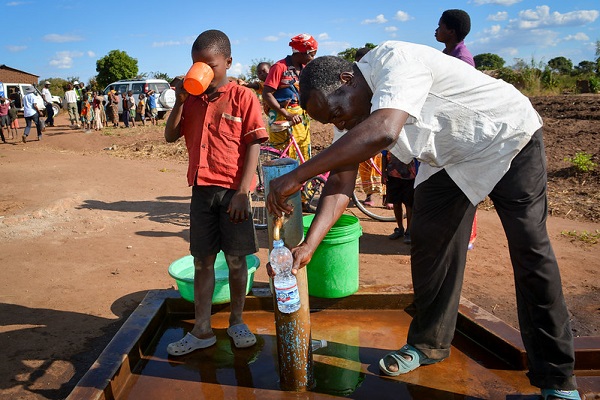Spillover effects
This learning paper summarises the evidence for spillover effects of interventions under the Building Resilience and Adapting to Climate Change (BRACC) programme.
The learning paper has been produced as part of the 2021 evaluation of the BRACC programme. Analysis of the impact evaluation data showed that – contrary to expectations as they were not targeted by the programme – many households in control communities also reported participating in interventions of the same type run by PROSPER. For activities such as village savings and loans association (VSLA) groups and farmer groups, which are common in Malawi, households may have participated in activities sponsored by other stakeholders. However, some PROSPER activities such as Cash for Inputs are quite unique, so this suggests that there has been spillover of interventions beyond the target population.

Types of spillovers documented included the following:
- Temporal effects: for example, positive impacts on income from PROSPER activities enabling investment in additional livelihood activities
- Externalities: for example, community-wide decreases in water-borne diseases due to PROSPER programme participants’ investments in hygiene
- Social interaction effects: for example, neighbours taking up beekeeping after observing African Parks participants having success with it
- Context equilibrium effects related to social norms: for example, other community members changing hygiene behaviour in response to shifting social norms around hygiene due to training conducted as part of PROSPER
- General equilibrium effects related to the wider economy: for example, increased income among programme participants resulting in increased spending and hiring of labour and services in communities
- Programmatic spillover effects: for example, with less food insecurity, local government programmes are able to focus on other activities to build long-term resilience and development.
